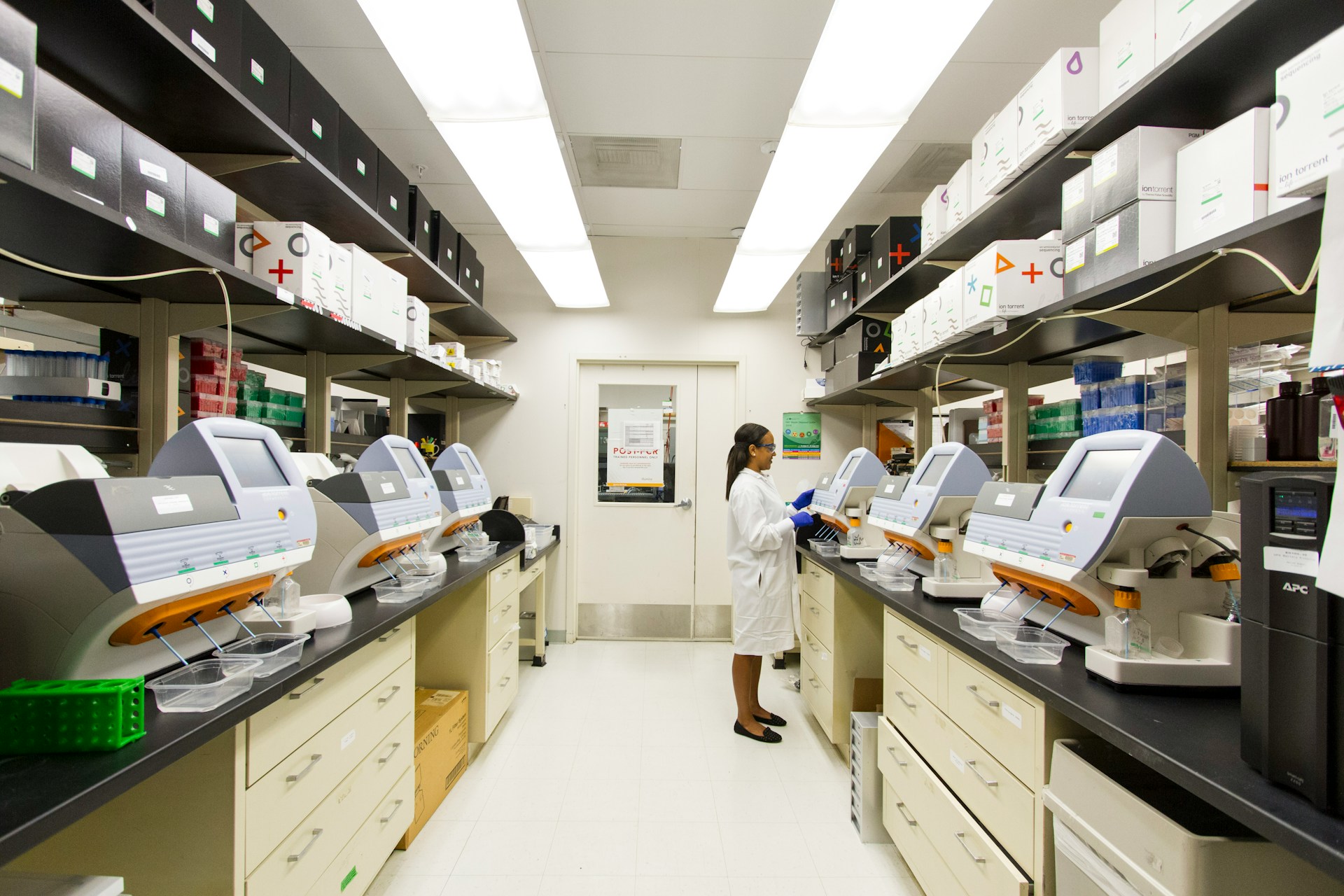Essential Guide to Navigating Medical Device Regulations
 Medical device regulations can seem like a labyrinth, especially for new entrants in the field. This complexity often necessitates the consultant services of a specialized consultant.
Medical device regulations can seem like a labyrinth, especially for new entrants in the field. This complexity often necessitates the consultant services of a specialized consultant.
In this guide, we will shed light on the regulatory pathways, compliance strategies, and global regulations that medical device companies need to understand.
Whether you’re an established entity or a startup, this article is tailored to help you grasp the essentials and ensure your product meets all necessary approvals.
Understanding Medical Device Approval
Navigating the medical device approval process is a crucial step for any manufacturer. Understanding the regulatory landscape ensures that your device is safe and effective for its intended use. Here’s a breakdown of the key components to consider:
-
- Classifications: In the United States, the FDA classifies devices into three categories based on risk: Class I, II, or III. Each classification has unique requirements, with Class III necessitating the most stringent controls.
-
- Regulatory Bodies: The FDA oversees the approval process in the U.S., while the European Union requires CE marking through varied conformity assessment procedures based on risk classification.
-
- Updates: The Medical Device Regulation (MDR) in the EU has introduced rigorous new requirements. Staying updated on these changes is essential for compliance.
-
- Consultant Services: Engaging with consultant services can provide invaluable guidance through these complex processes, ensuring your device meets all regulatory requirements efficiently.
By understanding these elements, manufacturers can better streamline their path to market, ensuring regulatory compliance and successful product launches.
Regulatory Pathways for Medical Devices
Choosing the right regulatory pathways for medical devices is crucial for ensuring a smooth and timely medical device approval process. In the U.S., medical devices can follow one of several pathways:
-
- 510(k) Premarket Notification: Suitable for devices that are substantially equivalent to a legally marketed device, this pathway is less cumbersome and quicker.
-
- Premarket Approval (PMA): Designed for high-risk devices, this process requires a more rigorous review and is typically more time-consuming and costly.
-
- Exempt from Premarket Submission: Some low-risk devices are exempt from premarket submission requirements, streamlining their market entry.
In the EU, manufacturers must consider the Medical Device Regulation (MDR), which has introduced additional complexities:
-
- Self-Certification: Low-risk devices can often be self-certified by the manufacturer.
-
- Notified Bodies: Higher-risk devices require assessment by Notified Bodies, which evaluate compliance with stringent MDR requirements.
Understanding these pathways and the associated requirements is essential to avoid delays and ensure a successful market entry for your medical device.
The Role of Consultant Services
Hiring a medical device consultant can be a game-changer for your business. The expertise they bring is invaluable, particularly in navigating the complex regulatory landscape. Here are key areas where consultant services can make a significant impact:
-
- Regulatory Pathway Identification: Consultants help pinpoint the most suitable regulatory pathways for your device, ensuring quicker medical device approval.
-
- Documentation Preparation: They prepare all necessary documentation, reducing the risk of errors and omissions.
-
- Regulatory Liaison: Consultants liaise with regulatory bodies on your behalf, streamlining communication and speeding up processes.
-
- Global Market Insights: Their knowledge of global regulations can help you expand your market reach, providing strategies tailored to various international standards.
-
- Up-to-date Compliance: Consultants stay updated on the latest regulatory changes, ensuring your compliance strategy is always current.
Their expertise can save you time and resources, allowing you to focus on innovation and product development. To learn more about how these services can benefit you, visit this website today.
Developing a Compliance Strategy
To ensure your medical device meets all regulatory requirements, developing a robust compliance strategy is paramount.
This process should begin with a comprehensive risk assessment to identify potential hazards and determine appropriate mitigation measures. Key components of an effective strategy include:
-
- Thorough Documentation: Maintain detailed records such as design history files, technical files, and clinical evaluation reports. These documents are essential for demonstrating conformity with regulatory standards.
-
- Regular Audits and Inspections: Implement procedures for regular audits and inspections to ensure ongoing compliance. Addressing non-conformities promptly and executing corrective actions are critical for maintaining regulatory approval.
-
- Proactive Approach: Adopting a proactive stance towards compliance can help prevent costly delays and market withdrawals, ensuring your product remains viable and competitive.
By integrating these elements into your strategy, you can better safeguard your medical device against regulatory pitfalls and ensure its successful market presence.
Understanding Global Regulations
Expanding into global markets requires a comprehensive understanding of international regulatory requirements. Each country has its own set of regulations that must be meticulously followed to ensure compliance and successful market entry. For instance:
-
- Japan: The Pharmaceuticals and Medical Devices Agency (PMDA) oversees medical device approval. Their process involves a rigorous review of the device’s safety and efficacy, akin to the FDA’s PMA process in the United States.
-
- China: The National Medical Products Administration (NMPA) mandates specific regulations, including requirements for clinical trials and quality management systems. Navigating these regulations can be particularly challenging without local expertise.
A medical device consultant with global experience can provide essential guidance to help you comply with these diverse regulatory frameworks.
This expertise can substantially reduce both the time and cost associated with entering new markets, ensuring a smoother and more efficient expansion process.
The Benefits of Expert Curation and Tasting Notes
Expert curation and tasting notes offer a unique advantage in navigating the complex regulatory landscape. By engaging with seasoned consultants, businesses can benefit from:
-
- Comprehensive Guidance: Expert curation involves selecting the most suitable regulatory pathways for your product and providing detailed advice on compliance and market entry strategies.
-
- Detailed Feedback: Tasting notes, metaphorically speaking, refer to the in-depth insights and recommendations consultants offer. This can include feedback on your strategy, suggestions for improving documentation, and tips for navigating specific regulatory requirements.
-
- Risk Reduction: A curated approach ensures that every aspect of the approval process is meticulously addressed, significantly reducing the risk of errors and delays.
-
- Enhanced Compliance: Leveraging expert curation and tasting notes helps streamline the approval process, enhancing your overall compliance strategy, and increasing your chances of successful market entry.
By incorporating these elements, businesses can effectively streamline their regulatory processes and achieve faster, more reliable market access.
Conclusion
Navigating medical device regulations is a complex but essential task for any manufacturer. Understanding the regulatory pathways, developing a robust compliance strategy, and staying updated on global regulations are key to success.
Hiring a medical device consultant can provide the expertise and guidance needed to streamline the approval process and ensure compliance with all requirements.
If you’re ready to take the next step in navigating medical device regulations, consider partnering with a consultant who can provide expert curation and detailed insights.
With the right support, you can bring your innovative device to market efficiently and compliantly.





